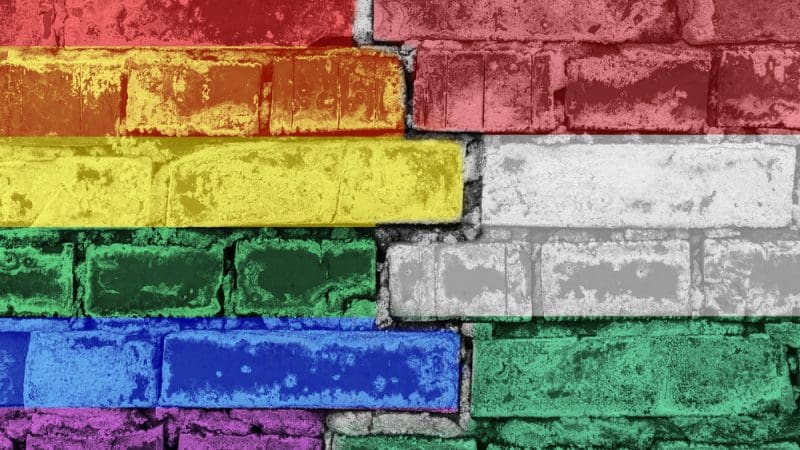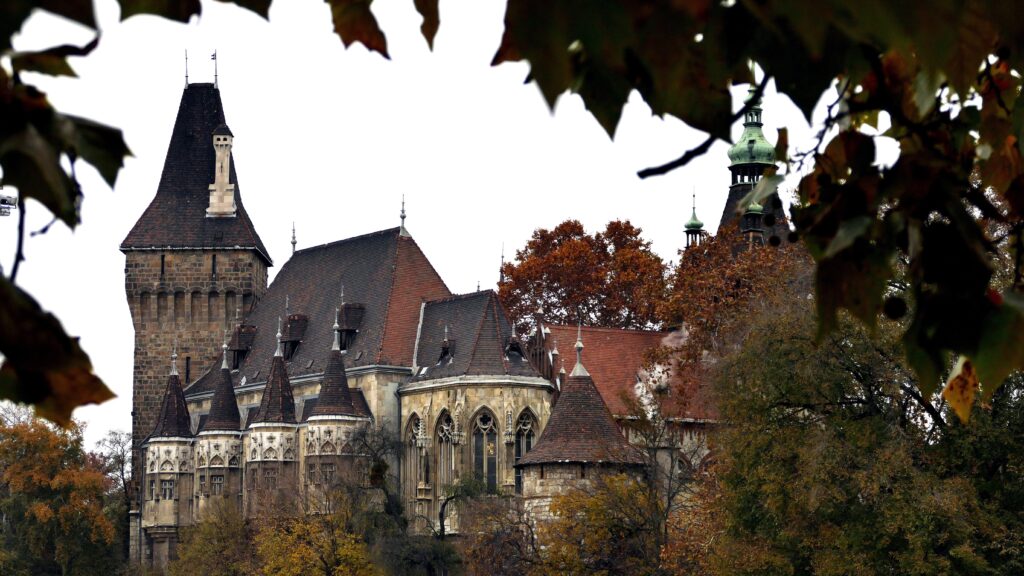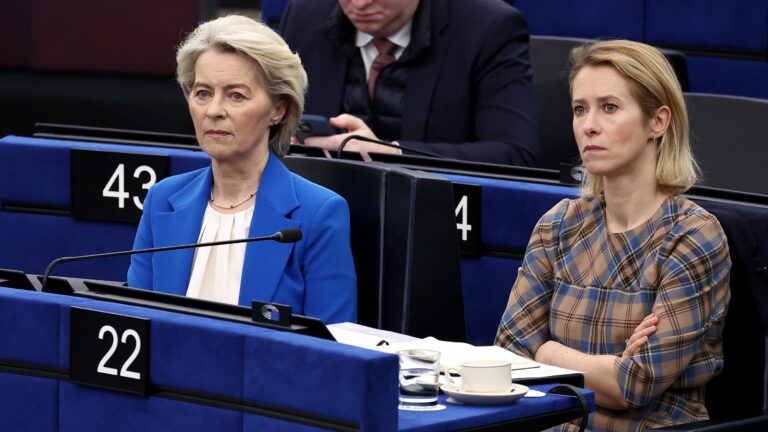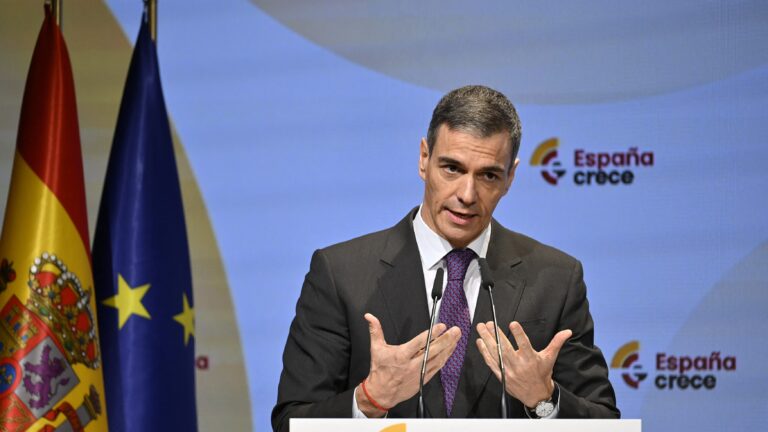Hungary has passed its new anti-pedophilia and child protection bill, which received much criticism from both in and outside the country. The left is most concerned with what they describe as ‘anti-LGBT’ provisions of the law, but are those really so?
The new Hungarian law[OT1], passed by the parliament on Tuesday, has one clear objective: to protect children and minors from pedophiles and ensure their healthy sexual development. The main body of the law is made up of a set of strict, yet quite understandable provisions with a goal of deterring would-be sexual predators from committing offences by simply increasing the severity of the legal punishment such a person would need to face.
These provisions include the creation of a US-style sex offender registry,
which would only be available for parents and legal protectors of children (after providing ample justification to authorities as to why they need information of a certain person), and not publicly, of course. The length of possible prison sentences for child-molestation and possession of child-pornography has also grown considerably, and in some specific cases (with violence involved) the law excluded the possibility of parole. Furthermore, any person who has been found guilty of sex offences against minors will now be barred from almost every job in which they would have to work with children, as previous laws only prohibited them from being teachers and medical personnel.
Now, this is the less problematic part. As of now, the so-called pedosexual movement—which has been loitering on the peripheries of established social justice movements in western countries for some years now—has not sprouted in Hungary yet, so no one is trying defend sexual predators by re-framing their mental illness as a valid form of sexual preference. No, the government and the opposition parties have supported the notion in unison until new amendments surfaced, which were quickly deemed “anti-LGBT” by the left and created widespread social division in the country.
These latter provisions were added to the law to further protect children’s natural and healthy sexual development and limit any outside factors that would influence their sexual identity. Sex education classes in schools have been forbidden to promote gender transition or homosexuality, while media broadcasters will be required to make the programmes which promote these topics restricted for underage viewers. It basically means displaying the “PG-18” sign on their screen. Horrendous, isn’t?
I understand the position of the LGBT activists, too. They fear that limiting LGBT representation in mass media will harm their progress toward wider social acceptance of their differences. Also, homosexual or trans kids who do not get positive reinforcements of their identity at school could view themselves in a negatives way or could learn to repress their true self if they think it is something shameful. But I think it is not the case.
Let’s start with the media representation argument.
The law specifically says that it refers to commercials, films and shows that promote gender transition and homosexuality, not everything that has minor gay or bisexual characters in it. And let’s be honest, the shows and movies that portray sexuality and sexual acts as important parts of the narrative are already made for adult audience. The shows that are explicitly made for children and teenagers rarely portray any of the things that would fall under this law, one or two LGBT characters do not count if the whole thing is not about their sexual identity. To be frank, why would any kind of film intended for children include sexuality, be it homo or straight? Let kids be kids, for God’s sake.
The most frequently heard argument in most critical articles is that TV channels will not be able to air Harry Potter or Friends anymore in prime time. It took me ten minutes to check if these two are really in the great danger every leftist media tries to convince me. There are only two LGBT characters in the whole Potter-verse for instance, and the whole issue only appears in one film—which is not even part of the original eight, but in one of the prequels—and not even directly, but merely implied during the ending sequence. As for Friends, it does have a small number of LGBT episode-characters, but are generally rare and unimportant. One of the main characters is implied to be bisexual (despite having exclusively straight relationships), but there is no episode with her sexuality in the focus. Therefore, I think both Harry Potter and Friends are pretty safe in these regards and will not be banished from television anytime soon. And, by the way, there is also a minor issue that everybody has seemingly missed, namely that kids and teenagers do not watch TV anymore. Everything is accessible on the Internet, and this generation already watches most (if not all) of their media online, so virtually, this law will change almost nothing. But thank you for your concerns.
The sex education issue is different, of course. These classes are important parts of students’ curriculum as it is quite important for teenagers to know about safe sex, birth-control methods and STDs. No one is denying that. But the question whether different sexualities and the process of gender transition belong in the sex ed. classes is entirely a different matter. Discrimination against homosexuals or people with genuine gender dysphoria would never be okay, but entirely discarding the issues of sexuality and gender in the curriculum is not discriminatory in any way, as it does not promote straightness or cisgender identity either. Schools should not promote any kind of sexual of gender identities for that matter and there are very good reasons for that.
Neither sexual nor gender identity of kids is something that adults should try to influence.
Most teenagers are generally in the process of figuring out who they are, building up their—sexual and other kinds of—identities bit by bit and constantly developing their views of the world and themselves. To question everything, especially themselves and their own identity is a very normal and healthy thing at that age, but it also makes them quite vulnerable to outside influences. If peers and teachers try to sway them into taking different paths, even with good intentions, they can easily adopt views and positions about themselves that might not be true and only feel so in that moment.
An adventurous and playful teenage girl would have been called a perfectly fine tomboy just a decade ago, but now many teachers, psychologists and sex educators are eager to tell such a girl that “he” is suffering from gender dysphoria and the path to happiness starts with hormone therapy and mastectomy. In other words, dangerous and irreversible changes that lead many into deep regret in just a few years. Think about it. If people are not considered mature enough to drink or drive until they are 18, why should they be old enough to consent to life-altering decisions before? No, no one should be encouraged to take on a path that could ultimately turn out to be just a phase they will find themselves unable to grow out from.
By leaving sexuality out of school, we remove only one of these factors of influence, but a big one nevertheless, and let kids decide for themselves—fortunately when they can assess the full weight of the situation. But how much could the school’s and—in general—society’s irresponsible acceptance effect gender transition actually? A 2018 study found, for example, that just between 2016 and 2017, the number of gender surgeries for biological females has quadruples in the US, while the rates of gender dysphoria among British girls have gone up 4,400 per cent over one decade.
Several reasons are contributing to this phenomenon together. The reckless acceptance and promotion of gender transition in western societies, which, combined with the so-called peer-contagion effect to which adolescents with otherwise normal puberty and anxiety issues are especially vulnerable to, can very well be behind these steeply increasing numbers. The peer-contagion theory, which deals with transgenderism as any other high-schooler craze and the effect of encouragement of teachers and other authority figures, can also be seen to be proven by the COVID-19 lockdowns as well: after not experiencing the influence of peers and teachers for a prolonged time, the majority of transgender students—especially girls—have started de-transitioning, as observed in multiple schools across the US.
So, the bottom line is that no, the Hungarian government does not link pedophilia to issues of sexuality and gender because it wants to criminalize LGBT people in the eyes of the public, but rather because protecting children does not end with stopping sex offenders, but should also include the protection from potentially harmful influences as well until children are old enough to make the best decisions for themselves.







